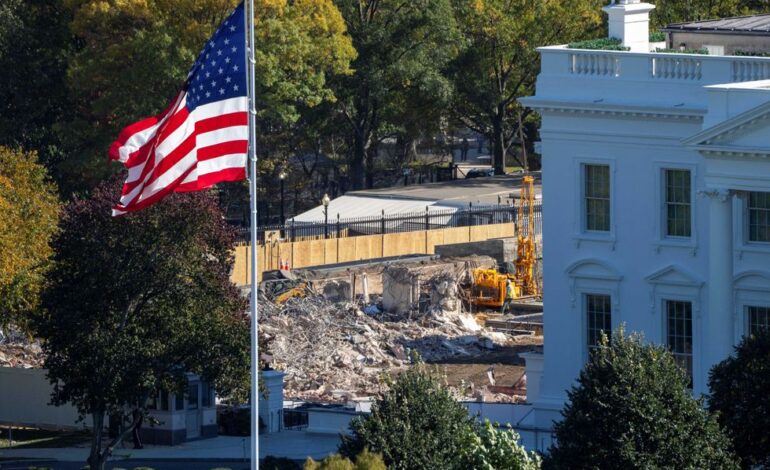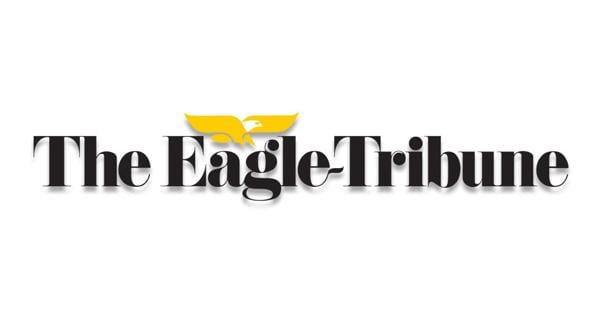Wall Street Journal Writer Critiques Trump’s East Wing Demolition

In a recent opinion piece, Collin Levy, a member of the conservative editorial board at the Wall Street Journal, criticized President Donald Trump for his decision to demolish the East Wing of the White House to make way for a new ballroom. Levy described this initiative as an “astonishing fiasco,” highlighting the implications of such an action on national heritage and identity.
Levy’s article, published on a Sunday, raises concerns not only about the president’s unilateral approach but also about the lack of response from fellow Republicans. She expressed alarm that Trump could undertake such a significant alteration to a historic symbol without public consultation or approval. “We now live in a democracy in which a president, with neither public notice nor permission, demolished part of the White House and no one tried to stop him,” Levy wrote.
The East Wing, which has a rich history as a venue for various important events, is seen by Levy as more than just a functional space. She emphasized its significance as a representation of power and legacy, stating, “Such is the astonishing fiasco unfolding at 1600 Pennsylvania Ave. A piece of American history lies in rubble as conservatives dismiss objections from historic preservationists as silly overreaction.”
In her critique, Levy also confronted some arguments made by Republicans who supported the demolition. Some asserted that the East Wing was primarily associated with First Ladies and therefore less deserving of preservation. Levy countered this by pointing out the substantial contributions First Ladies have made throughout history, including driving literacy initiatives and hosting military families.
“History is important, monuments matter,” she reiterated. “And the home of the U.S. president isn’t just a building to be optimized for function. It is a symbol of power, legacy, and national identity.” Levy underscored that respect for such national monuments is essential, stating that these are not mere trifles but foundational elements of the republic.
The implications of this demolition extend beyond the physical structure; they touch on the values and priorities of the nation. Levy’s passionate defense of historical preservation raises critical questions about how current leaders view the legacy of the United States and what it means to honor that history.
Levy’s op-ed serves as a reminder of the importance of protecting national symbols and the ongoing dialogue about their relevance in contemporary governance. As discussions continue surrounding this controversial project, the conversation about America’s historical identity and preservation remains vital.






